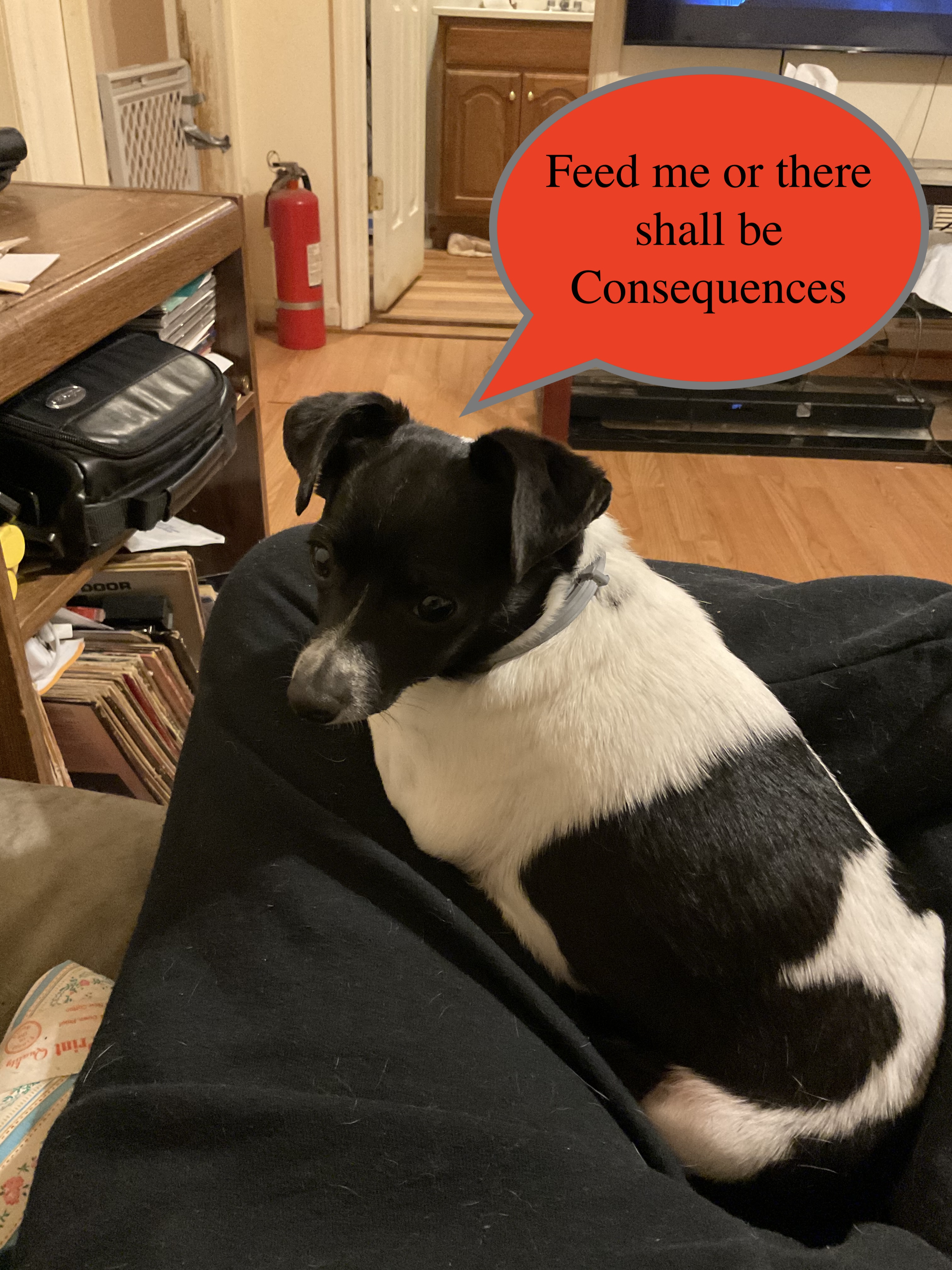This is what I will tell you from my training, having helped so many to beat this ugly spectre of a disease. Point one, opiate withdrawal, will make one feel like crap, but unless you have serious
medical conditions, it is not typically medically dangerous. Alcohol withdrawal, is very violent and can be medically dangerous but it is a very short duration. Most people can withdraw from it
in a medical setting being given benzodiazepines to counter the withdrawal, it takes about five days. The two best of all the benzodiazepines for this are easily Librium, or Tranxene. Diazepam,
better knows and valium can be used, yet Librium and Tranxene are much better for several reasons. The ones that take off on drugs like Xanax or Klonopin should not be used simply because
of the effects they give are not suited for alcohol withdrawal. Benzodiazepine withdrawal, if probably the most medically dangerous but given the amount that is prescribed, there is a relatively
low incidence of physical addiction that takes place. If it does, the best method here is called slowly titrating the patient down from it. This simply means slowly lowering the dosage over time
and should be performed in a skilled medical facility. Stimulants such as cocaine or crack cocaine, will not kill you either but there is significant psychological baggage that comes with that.
This is caused by brain chemistry imbalances using that type of drug will cause over time. For said reason, this should be done in a skilled medical facility as well as patients need the
specialized psychological and psychiatric support. Most Barbiturates will require titrating down as well, but not nearly so dangerous as benzodiazepine withdrawal. Following is the
recommended sequence of steps, to give one the best chance of recovering from one of these addictions.
1.) Medically detoxing at a skilled medical facility. (Practicing good nutrition and
getting a thiamine shot must be stressed. Alcohol depletes thiamine and it is a non water soluble vitamin
complex. This means that just taking an oral supplement will not replace it fast enough, it will make a patient in itself feel much better.)
2.) Has two options are both are good; A.)An outpatient program run by skilled medical professionals. or B.)Living for a recommended period of time in a halfway house environment focused on
recovery
.
3.)This is for some people, others not so much but it is recommended. Regularly attend either Alcoholics Anonymous (AA), or Narcotic Anonymous Meetings (NA). One meeting at least a day for
the first six months. Get yourself a sponsor and build a support network of people to call if you feel you are about to relapse. These are the people you need as friends, not those that will drag
you down.
4.) Seeing both a psychologist and a psychiatrist regularly for the first year. Most people with addiction problems have a root cause for them, that needs to be ferreted out.
5.) Change of lifestyle and any people you hang around with still drinking or drugging, need to go. This seems to be the one that trips people up the worst, you cannot allow them to keep
dragging you down.
Following those recommended steps, will yield your highest percentages of or getting sober and clean and staying that way. I volunteered doing this for some time so I do know what I am
talking about. Your world can become a totally different place, and it is achievable. As in most things in life that are worth a damn it requires work, dedication and do not be afraid to ask for
help.
